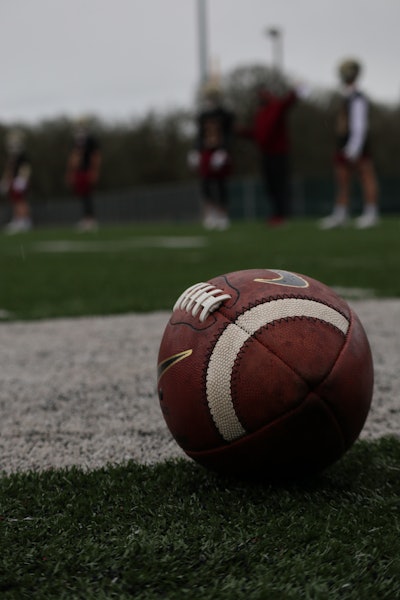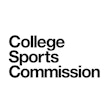
As the NIL era continues to make certain college athletes quite wealthy, a California lawmaker introduced a bill Thursday that would require schools that play major college sports to pay some athletes as much as an additional $25,000 annually.
The College Athlete Protection Act would also cover the cost of six-year guaranteed athletic scholarships and post-college medical expenses.
According to Associated Press reporters Beth Harris and Ralph Russo, it's the type of state-level legislation that the NCAA is looking to federal lawmakers to preempt.
“I know how close you can come to an injury taking away not only the game you love to play but also your opportunity to finish college,” said the bill's assemblyman sponsor Chris Holden, a former San Diego State basketball player, at a press conference outside the Rose Bowl in Pasadena. “I’m not prepared to wait for Congress to address this pressing issue. This is an extremely competitive and comprehensive bill that I believe will provide the income and health services that our college athletes deserve.”
In 2019, California became the first state to pass a law that gave college athletes the right to be compensated for use of their name, image and likeness, the AP reported. That triggered similar action by state legislatures around the country, but uniform national standards for compensation practices don't yet exist.
Last week at the NCAA convention, college sports leaders reiterated the need for Congress’ help in regulating NIL compensation and protecting the association from state laws that undercut its ability to govern college sports.
“We need to solidify that as it relates to college sports, federal law preempts state law,” Baylor president Linda Livingstone, the chairwoman of the NCAA’s Board of Governors, said last week, as reported by the AP. “In areas such as NIL, we already see that state legislators will take action that they believe will give the universities in their states a competitive edge over their neighbors.”
Assembly Bill 252 — introduced by Holden, a Democrat whose district includes Pasadena — calls for Division I schools in California to share 50 percent of revenue with athletes who are considered to be undervalued because the amount of their athletic scholarships doesn’t match their market value. That would be mostly, but not exclusively, aimed at athletes competing in revenue-generating sports such as football and basketball.
“It’s a bill that will end the blatant exploitation of California’s college athletes,” said Ramogi Huma, executive director of the National College Players Association. “The NCAA’s economic model is illegal and based on racial injustice. The NCAA uses amateurism as cover to systemically strip generational wealth from predominantly Black athletes from lower income households to pay for lavish salaries of predominantly white coaches, athletic directors, commissioners and NCAA administrators.”
According to the AP, money paid toward scholarships would be included in the 50 percent that goes toward the players. The rest would go into a fund that would pay out yearly. Individual payments would be determined based on what schools bring in and could not exceed $25,000 per year for any one athlete.
Any excess revenue from the athletes’ share would go into a degree completion fund that athletes would be eligible to draw from after they have graduated within six years.
The bill also calls for schools to provide coverage of sports-related medical expenses, establish and enforce safety standards and transparency in recruiting, preserve all sports programs — not just those that produce revenue — and Title IX compliance, the AP reported.
The bill is reminiscent of one introduced in 2020 at the federal level by four Democratic senators, including Stanford football alum Cory Booker of New Jersey, called the College Athlete Bill of Rights. That bill, similar to numerous others introduced in Congress related to college sports and more specifically NIL, went nowhere, the AP reported.
In 2019, Holden introduced the College Athlete Civil Rights Act, which was eventually signed into state law. That required schools to document and inform athletes of their rights and prohibited retaliation against athletes who reported violations or abuse.





































